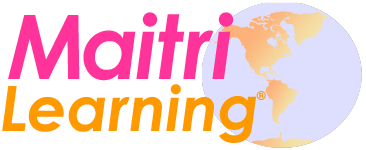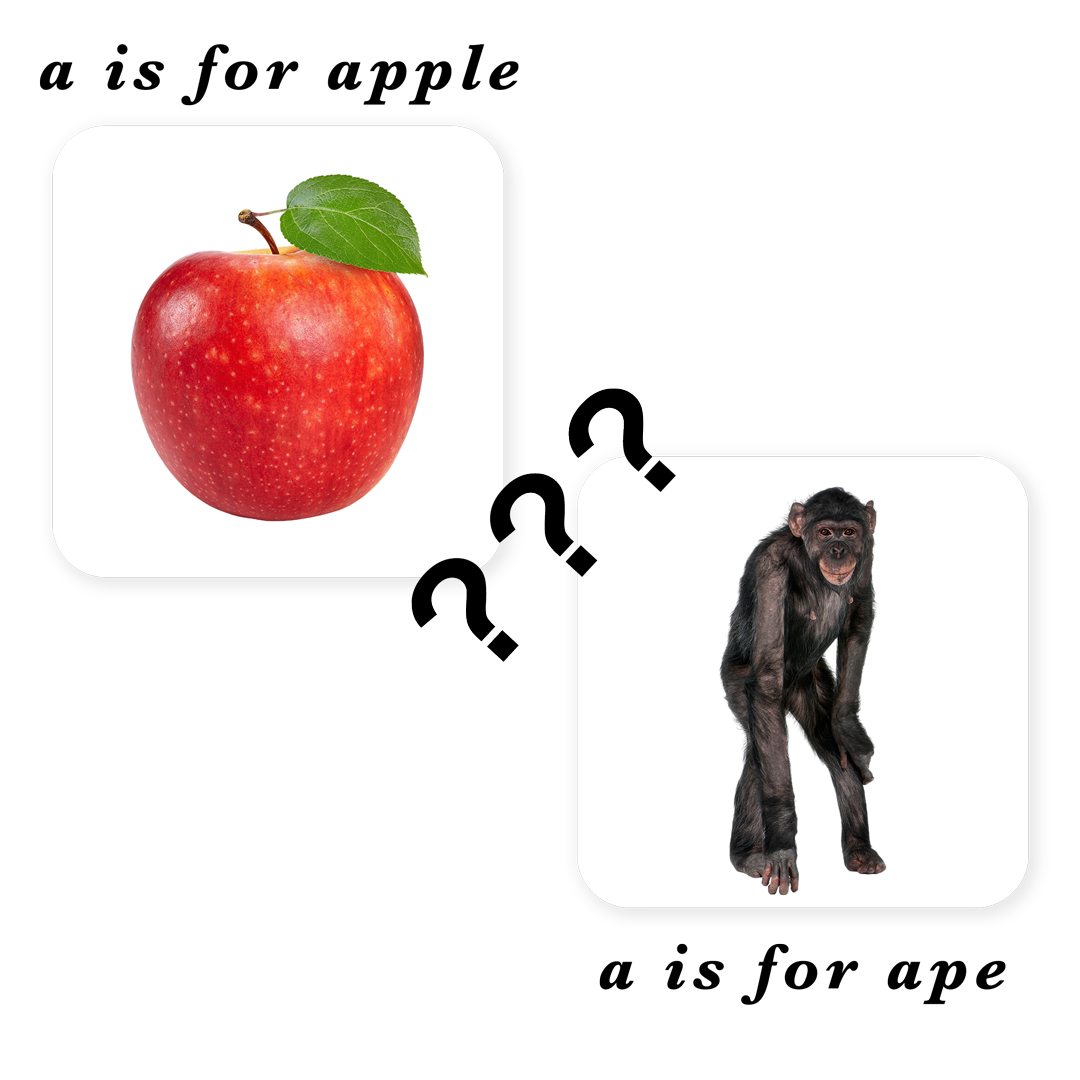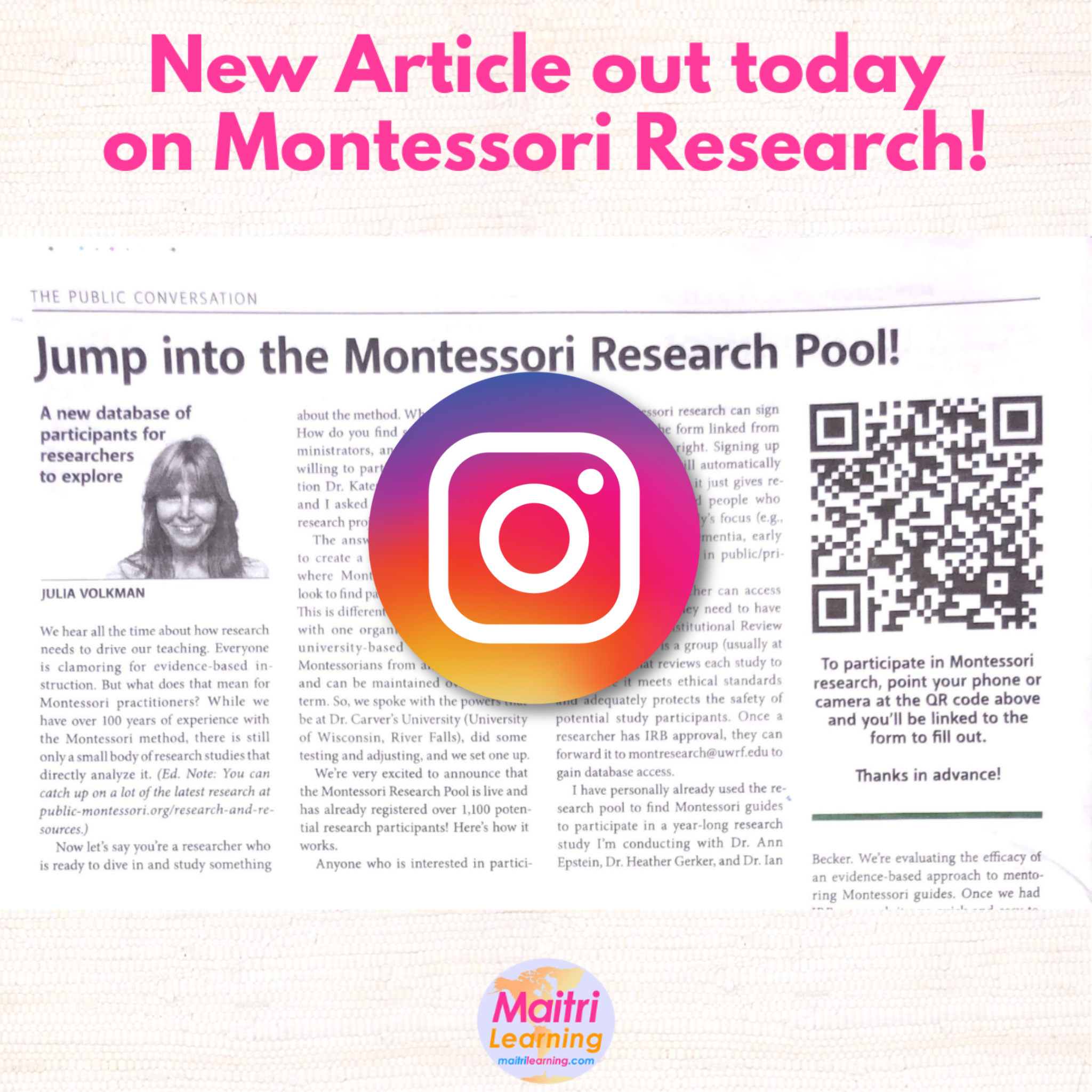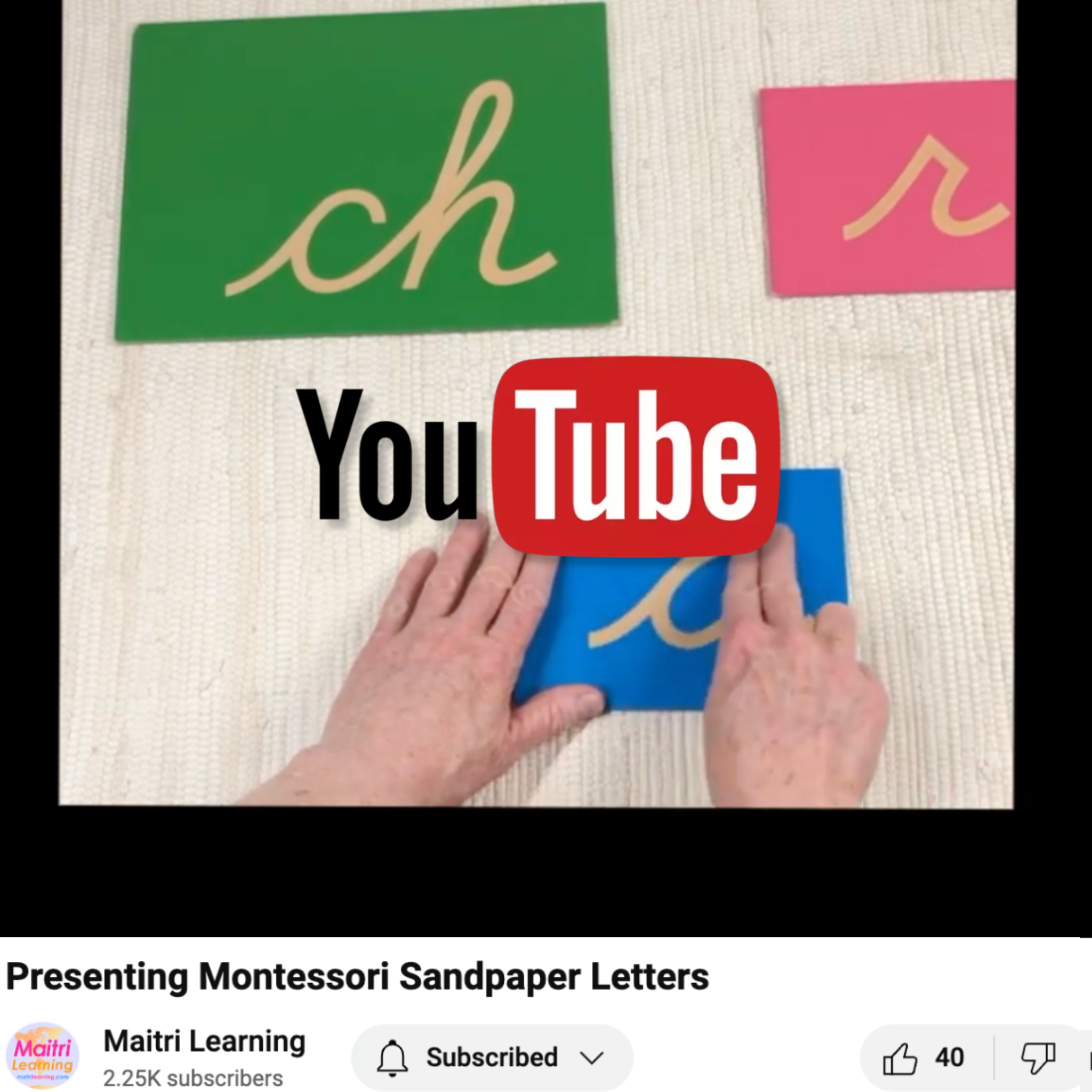Beyond the Science of Reading: What Montessori Can Teach Us About Early Literacy
For decades, the United States has invested billions in reading research, yet nearly two-thirds of fourth graders still cannot read proficiently according to national assessments (National Assessment for Educational Progress [NAEP], 2022; Weasler, 2024).
As a literacy educator and researcher, I've been fascinated by a recent dissertation that sheds light on a potential blind spot in our approach to reading instruction. Dr, Sharra Weasler's (2024) research on "Learning to Read in the Montessori Early Childhood Classroom" reveals important insights that complement our current understanding.
Limitations of Current Reading Research
The "Science of Reading" (SOR) represents a vast body of research that has dominated education policy and practice. This research is primarily focused on outcomes assessed by quantitative studies. Quantitative studies look at hard data like how many letter names a child knows or how many words they can read in a minute. This type of data is very helpful but does not give us a complete picture of how children learn to read.
While SOR tells us a lot about the numbers, it doesn't tell us much about instruction. It doesn’t give us a prescription for how best to teach reading (Seidenberg et al., 2020). Maybe this is why it hasn’t resulted in improved outcomes.
Weasler's analysis points to several limitations of SOR that might help explain why outcomes haven’t improved:
- Isolated skill focus: SOR research tends to study isolated skills rather than the complex, interconnected process of reading development. This has led to an overemphasis on easily measurable "constrained skills" like phonological awareness at the expense of equally important but harder-to-measure “unconstrained skills” that develop overtime like concentration, attention span, motivation, and memory.
- Laboratory vs. classroom reality: Many SOR studies are conducted outside classroom contexts, with researchers rather than teachers implementing interventions. This creates a disconnect between research and practical application.
- Teacher knowledge devalued: Because SOR research is so focused on the numbers/student skill measurement, it tends to overlook the expertise and observations of classroom teachers. This missing ‘context’ is a significant gap in the research.
- Focus on deficits: Reading assessments tend to prioritize identifying reading problems; this is important so that children at risk for reading difficulty can be identified early. However, deficit-focused instruction is problematic. Focusing on and highlighting what is working in context with what is challenging is key for building success.
The Montessori Approach: A Different Perspective
Weasler's research documents an alternative model of reading development based on the Montessori approach. Her model, called the "Four Strand Reading Braid," reveals a holistic process where multiple skill lines develop both independently and in connection with one another.

Four-stranded Reading Braid (Weasler, 2024)
As shown in the graphic, the Four-Strand Reading Braid divides the foundational skills needed to read for learning and pleasure into the following main areas:
- Domain-neutral skills: Concentration, motivation, and memory
- Oral language: Vocabulary, background knowledge, and conversation skills
- Metalinguistic awareness: Phonemic awareness and semantic awareness (how words fit together as in categories of types of things)
- Sound-symbol association: Memorizing phonemes associated with letters/letter groups
What's particularly notable is how these skills are applied first to encoding (building words) before decoding (reading words). This approach provides a bridge to reading that many traditional methods overlook.
How Montessori can Help
Weasler's research highlights several aspects of the Montessori pedagogy that set this approach apart from mainstream reading instruction and research:
- Individualized pacing: Children progress based on their own development rather than arbitrary timelines, with teachers offering opportunities that match each child's skills and interests.
- Focus on intrinsic motivation: Rather than relying on extrinsic rewards, the Montessori approach cultivates reading motivation through autonomy, perceived competence, and perceived value.
- Concrete experience with abstract concepts: The Montessori approach uses multisensory materials to make abstract reading concepts tangible for young children.
- Integration across subjects: Reading isn't taught in isolation but is woven throughout the classroom environment.
If you're a Montessorian, you already know that the above points are happening. It's the core of what we do in the classroom. Clearly, we need more SOR research conducted in the Montessori environment to evaluate this approach.
As we continue to grapple with reading achievement gaps, isn't it time to broaden our perspective? The Montessori approach offers a complementary view that honors the complex, individual nature of literacy and human development. We’re not all on the same developmental trajectory and the only time that becomes a problem is when arbitrary instruction makes it one. So now all we really need is more Montessori research!
What are your thoughts? Have you observed elements of reading development that standardized approaches might miss? Add your voice to the comments below so we can all benefit from your thinking.
Note: This blog was drafted by Claude.ai but revised significantly by the author.
References
National Assessment for Education Progress (NAEP). (2022). National Achievement-Level Results: Grade 4. The Nations Report Card: Reading. https://www.nationsreportcard.gov/reading/nation/achievement/
National Institute for Literacy. (2008). Developing Early Literacy: Report of the National Early Literacy Panel. National Center for Family Literacy. https://lincs.ed.gov/publications/pdf/NELPReport09.pdf
Seidenberg, M. S., Cooper Borkenhagen, M., & Kearns, D. M. (2020). Lost in translation?Challenges in connecting reading science and educational practice. Reading Research Quarterly, 55(S1), S119-S130. https://doi.org/10.1002/rrq.341
Weasler, Sharra, (2024). A Grounded Theory Exploration of Learning to Read in the Montessori Early Childhood Classroom: Using Teacher Knowledge and Experience to Build a Model of Reading Development and to Examine How Montessori Pedagogy Supports Reading Motivation. Dissertations. University of Northern Colorado. https://digscholarship.unco.edu/dissertations/1111








1 comment
It’s a great article! Beautifully connects Montessori principles with early literacy, inspiring educators to nurture a lifelong love of reading.
Sudha Acadamey
Leave a comment
This site is protected by hCaptcha and the hCaptcha Privacy Policy and Terms of Service apply.